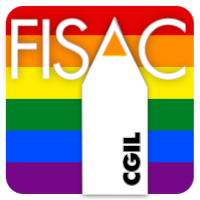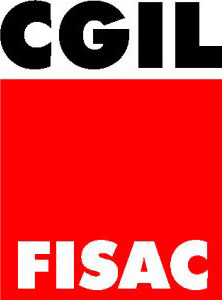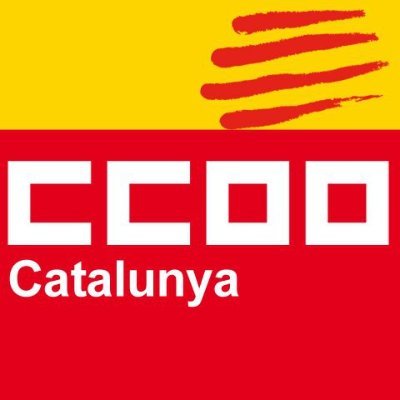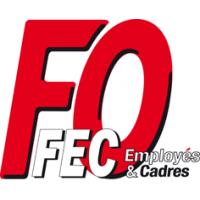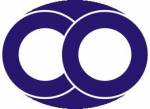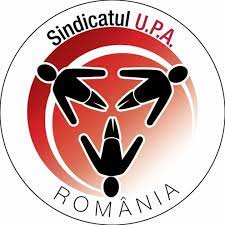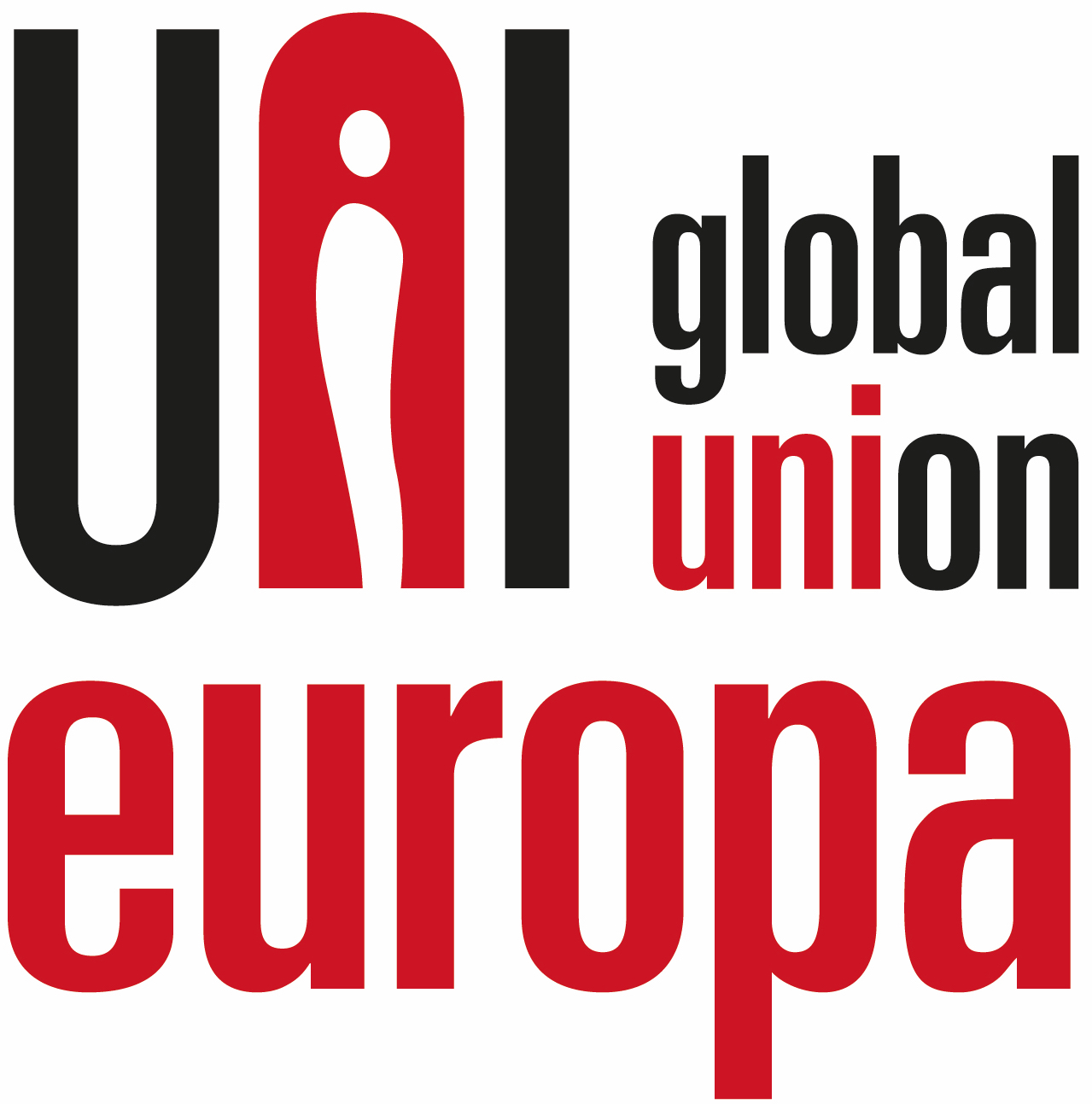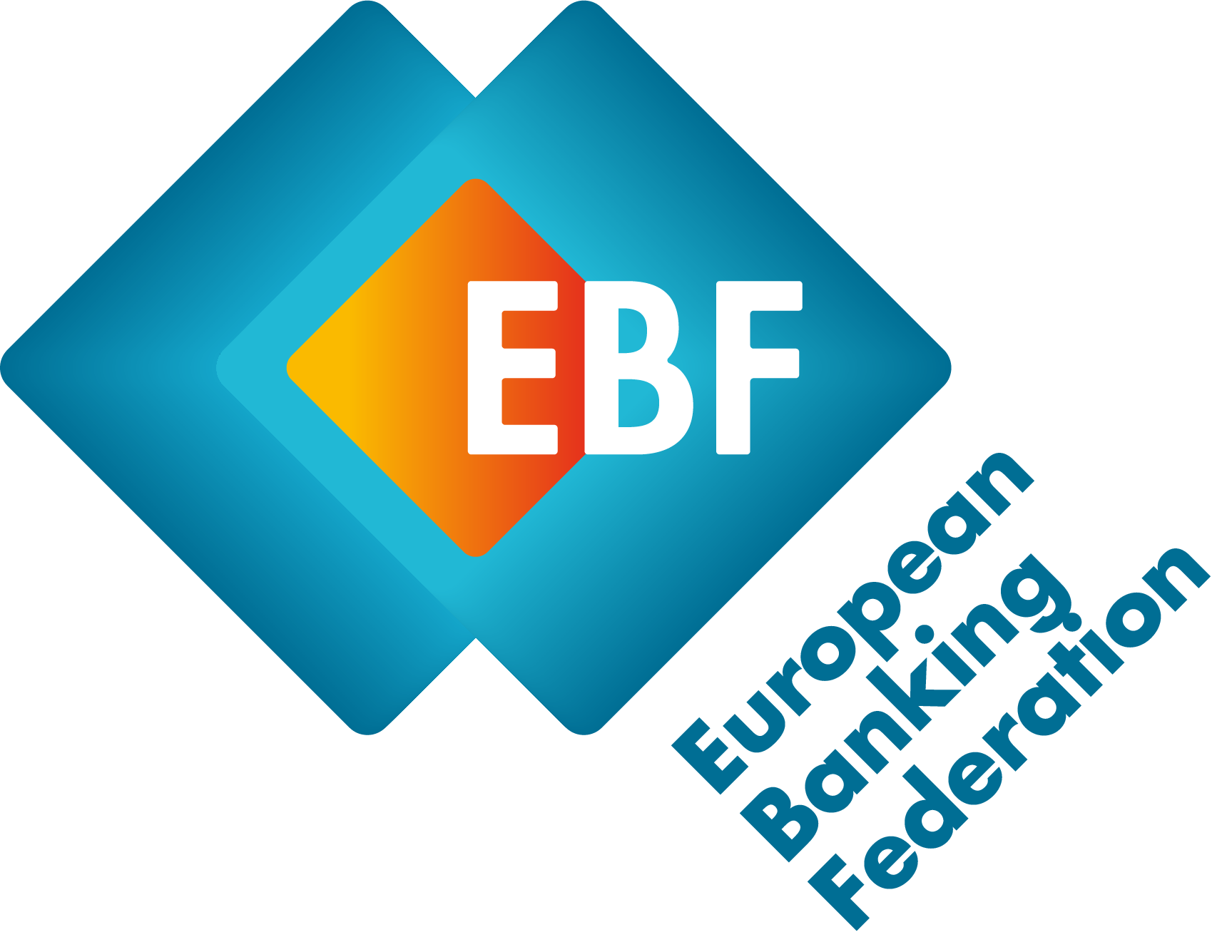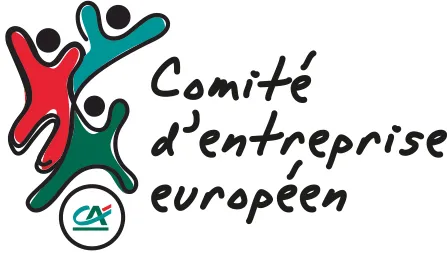About LUCK
Project LUCK (Learning Understanding Connections Knowledge) is financed by the European Commission (DG Employment, Social Affairs and Inclusion) and is coordinated by FISAC-CGIL with the support of Uni Europa Finance and the European Banking Federation (EBF).
The goal of this innovative project is to share specific tools and skills that can foster greater employee participation in the development of responses to the challenges posed by the digital and technological transformation in the financial services sector.
The European financial sector has unique features: it is strongly affected by the effects of digitalization, automation and AI, which transformed business, work organization and labour relations. In the last decades such evolution has offered great opportunities, but also produced mass redundancies, job precarisation, outsourcing and continuous updates in business models to maintain competitiveness. Covid-19 boosted such processes, and will introduce a massive restructuring of the industry. In line with the principles indicated by the EC in the EPSR Action plan, LUCK project aims at increasing the involvement of employees within companies, more specifically MNCs, by enhancing the knowledge and skills necessary to exercise the rights/duties of information, consultation and participation in the post-pandemic European financial sector. The project has a transnational dimension. The partnership includes Trade Unions from 7 countries, UNI EF and EBF, the European sectoral federations of Trade Unions and employers’ associations, the EWCs of major European banking companies. Continuous cooperation, mutual learning and network-building among social partners are integral to the action. LUCK envisages a composite approach and multiple outputs:
- an original research work, investigating the key drivers of change, best practices and needs, and identifying strategies to respond to the post-pandemic challenges;
- the development of a Guidelines Set for transnational company agreements focused on the management of digitalisation, AI, algorithmic non-discrimination, telework, new forms of work;
- a training package, specially aimed at EWC representatives, disseminating the results of the research and the use of Guidelines Set;
- a special section of lead applicant’s website, collecting research output, good practices and Guidelines Set: a dissemination tool, but also a community platform for European social actors, facilitating collaboration, information exchange and mutual help within existing and nascent EWCs.
